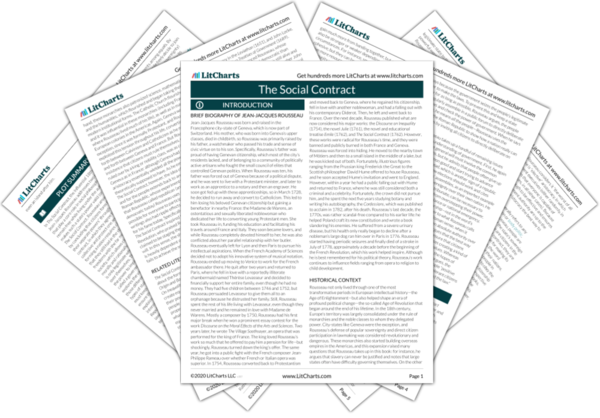Previous
Magistrate
|
Previous
Magistrate
|
Monarchy Term Analysis |
Next
Nation
|
The idea of representation is a modem one. It comes to us from feudal government, from that iniquitous and absurd system under which the human race is degraded and which dishonours the name of man. In the republics and even in the monarchies of the ancient world, the people never had representatives; the very word was unknown.
